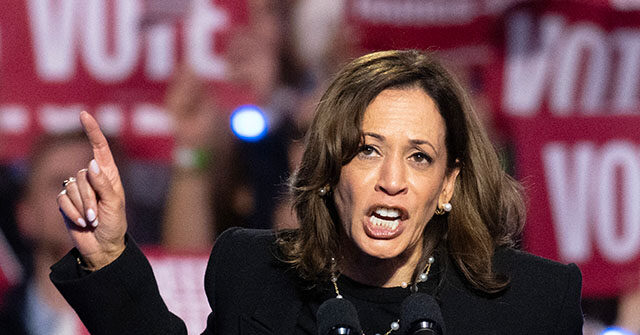In a recent political exchange, Vice President Kamala Harris accused former President Donald Trump of attempting to “control” women’s bodies, igniting a debate over his remarks regarding women’s safety. This accusation appears to have arisen in part as a diversion from President Joe Biden’s unfavorable comments about Trump supporters, labeling them as “garbage.” The controversy surrounding Harris’s remarks garnered significant media attention and dominated news cycles, highlighting the ongoing tensions in U.S. political discourse.
Harris’s critique stemmed from a statement Trump made in Wisconsin, where he argued for women’s protection against potential threats from migrants and foreign adversaries. However, the context of Trump’s statement was specifically about safety and did not pertain directly to issues surrounding abortion or reproductive rights. Consequently, many argue that Harris’s interpretation of Trump’s comments was misleading and that her accusation fails to accurately represent his intentions.
In Trump’s remarks, he stated, “I’m going to protect them,” in reference to ensuring women’s safety and security amidst the issues posed by immigration and global threats. His comments aimed to convey a notion of protection rather than control, as they were contextualized around the potential dangers posed by external forces. This framing raises questions about the interpretation of political statements and their implications in broader societal contexts.
Furthermore, Harris’s response emphasized the importance of women’s autonomy and decision-making power regarding their lives and bodies. She characterized Trump’s statement as “very offensive,” arguing that it reflected a lack of understanding of women’s agency. This perspective underscores the critical issue of personal rights in political rhetoric, particularly in discussions related to gender dynamics and power.
Political analysts and commentators are now dissecting the implications of these statements and the strategies behind them. The clash reflects a wider narrative within American politics, where politicians often interpret and redefine each other’s statements to serve particular agendas. Harris’s framing of the issue can be seen as an attempt to rally support for women’s rights and counter narratives that she perceives as undermining these rights.
Ultimately, the ongoing discourse between Harris and Trump encapsulates the polarized nature of contemporary politics, where statements can be scrutinized and debated ad infinitum. As the situation develops, it will be crucial for observers to assess the broader implications of such rhetorical battles on public perception and policy related to women’s rights and safety in America.

